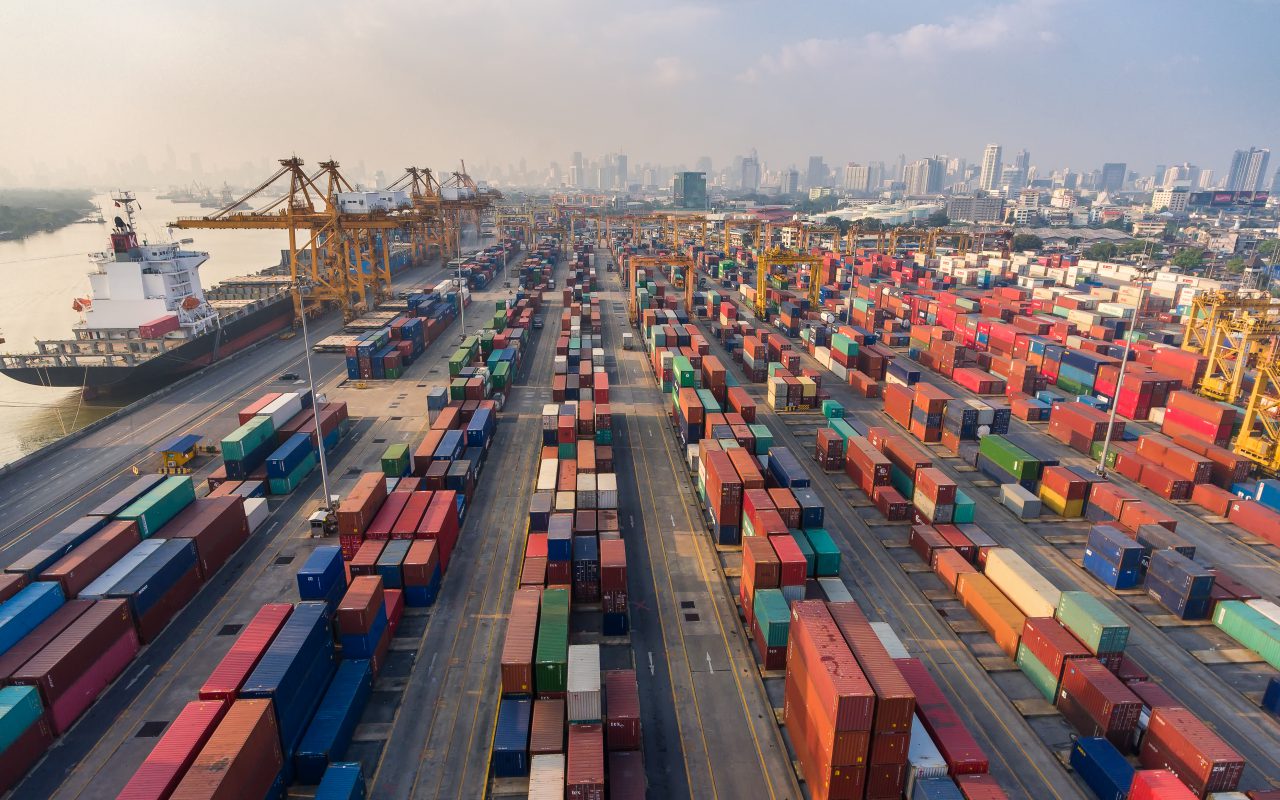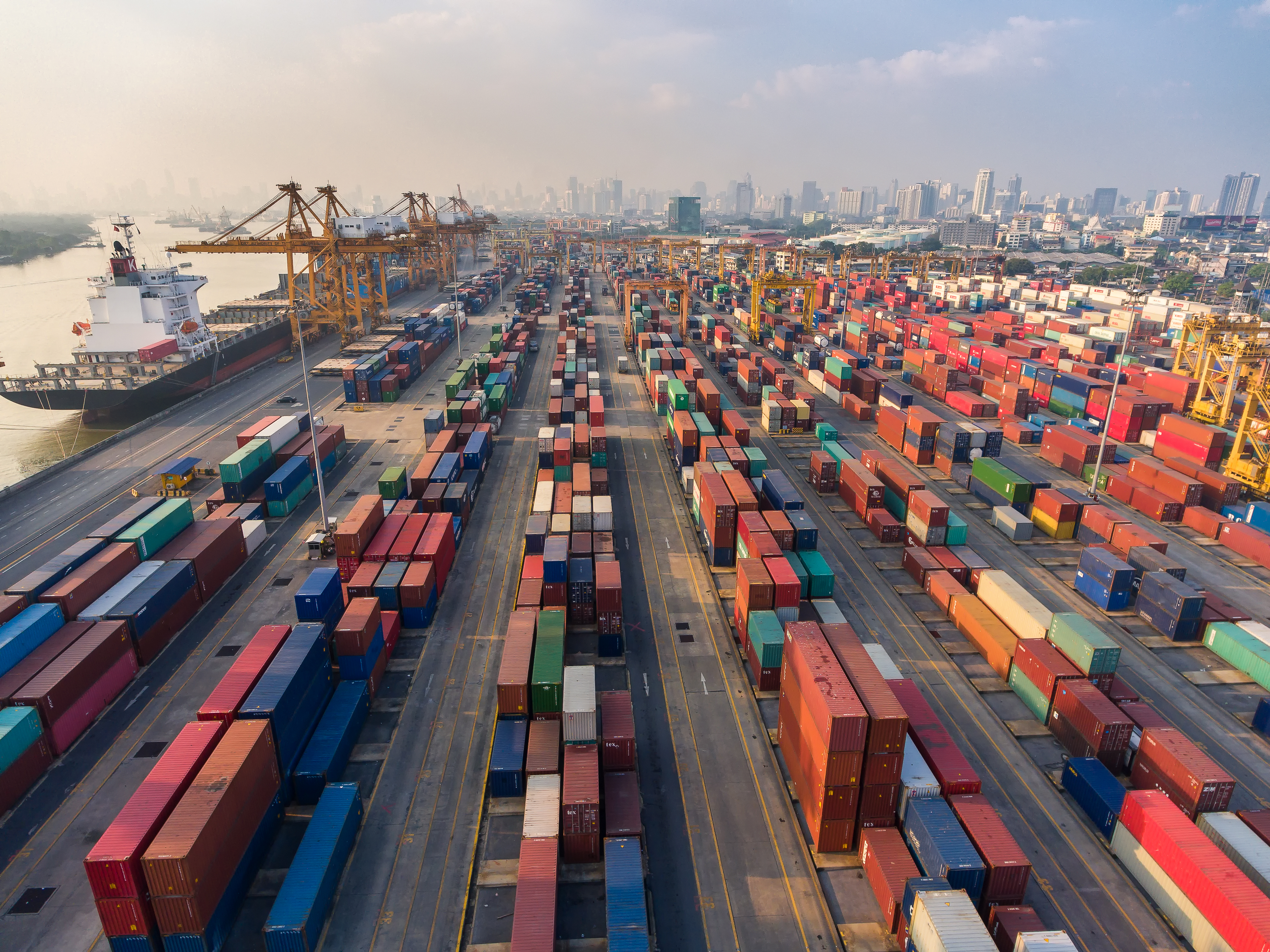
Keys for 2019: Country image, trade negotiations and logistics chain
The President of ExpoCarnes mentions that these will be the three key elements that will allow us to continue developing an exporting industry that can set us apart from our competitors

By: Juan Carlos Domínguez, President of ExpoCarnes
The Food Exporting Council of the Federation of the Chilean Industry (SOFOFA), an entity that brings together most food exporting associations in Chile, defined three strategic lines of work for 2019: country image, trade negotiations and logistics chain. ExpoCarnes participates actively on this council and completely shares these priorities.
Chile was a pioneer in international trade, mainly driven by the conviction that, in order to achieve the development of our industries, and Chile, it was essential to focus on international markets, since our domestic one of just over 15 million consumers was not big enough for the development of an efficient and competitive industry. Worse still, the “threat” of the arrival of products from abroad put us in an even more delicate situation. Exports were the key to the sustainable development of our industry.
Trade treaties and free trade agreements gave Chile a certain advantage over the last two decades. This, along with a private sector willing to invest, and take risks, resulted in the considerable growth of our exports.
In the case of meat, exports amounted to USD $60 million in the late 1990s surpassed USD $1 billion in 2018, consolidating the meat exporting sector as one of the relevant sectors of Chilean food exports. The main challenge for the coming years is to maintain this growth in exports and keep contributing to the development of our country.
Hence, it is essential to pay attention to the three aforementioned strategic lines. Our competitors today have reduced the tariff gap. They also have free trade agreements and tariff reductions, meaning that the large competitive advantage we enjoyed in recent years is gone.
It is essential for the food industry to strengthen its efforts in country image. The origin of the products is the main differentiator for consumers, and the attributes associated with this origin are the ones consumers recognize and that ultimately define their purchase option.
Although in recent years there have been efforts to build and publicize a “country image,” we agree with the Food Exporting Council that we need, on the one hand, more resources to invest in country image, but also, and perhaps even more important than financing, develop a common public/private strategy, where we are all convinced of what we are communicating. It is useless to spend money on international campaigns if we are not convinced here in Chile. Our northern neighbors knew how to do it and today, Peru’s “country image” is the envy of many. Part of their success was that they invested domestically first, and once the Peruvian citizens were convinced and felt that the campaign represented them, international positioning happened quickly. The Image of Chile Foundation and ProChile have a significant challenge ahead.
It is no coincidence that the Food Exporting Council defined commercial negotiations as its priority for this year. Today, Chile is in negotiations with the United Kingdom, the European Union, South Korea and CPTPP member countries to move forward negotiations that are essential for the development of the exporting industry. The work that DIRECON (General Directorate of International Economic Relations) is doing today is fundamental, and as a private sector, we are willing to colaborate in whatever way necessary.
The third and final strategic goal defined by the Council is to strengthen the logistics chain. It is not possible for food exports to be adversely affected every year by problems at ports and airports: strikes, negotiations and overdue expansions do not go hand in hand with a modern exporting industry and the image we want to build as a serious supplier country. We do not only export one product; price and quantity are not the variables that define business today: timeliness, compliance, responsibility, and all the elements associated with a product and a sustainable supply chain are the focus of business today.
A strong country image, permanent maintenance of trade agreements and facilitation of logistics operations associated with exports will be the elements that will allow us to continue developing an exporting industry that is able to set us apart from our competitors while helping to make Chile a developed country over the next decade.

